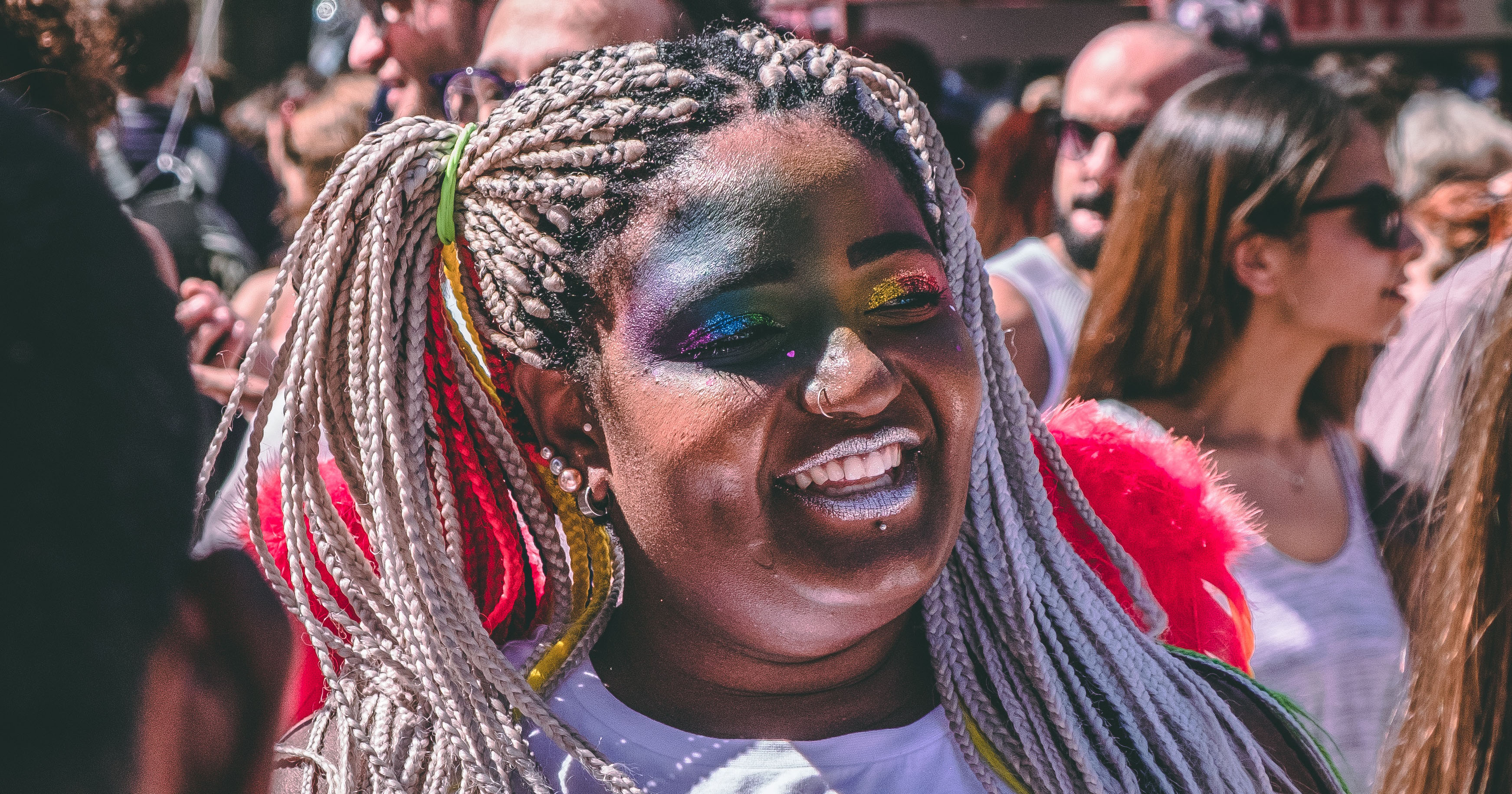A new report published by the NXF (National LGBT Federation) – Far from Home: Life as an LGBT Migrant in Ireland, launches this evening at the Science Gallery, Dublin. Created to examine the specific experiences and needs of LGBT+ migrants in Ireland, the research was conducted by leading academics Dr Chris Noone (NUIG), Dr Brian Keogh (TCD) and Dr Conor Buggy (UCD). It began with an online survey through GCN which resulted in 231 respondents, accounting for 48 different countries, with Brazil, the US, the UK and Germany the most commonly represented.
The research found that over 50% of LGBT+ migrants rated their mental health negatively and that up to a fifth reported having severe or extremely severe symptoms of anxiety and depression. 54% of respondents also felt they were excluded from Irish society and up to 40% said they had experienced homophobic abuse. Participants also called for an end to the current system of Direct Provision, with some describing it as “immoral”.
The report has made a number of recommendations to policy makers including a need to facilitate greater access to mental health services for LGBT+ migrants; LGBT+ cultural competency training for all public service employees; an end to the system of Direct Provision and a review of the asylum application process, specifically in the context of how applications relating to sexual orientation and gender are handled. Calls were also made for the introduction of effective hate crime legislation.

Commenting on the research report, Dr Chris Noone said: “This research clearly shows that while many immigrants who are members of our LGBT community find Ireland a welcoming place to come for work, study and greater acceptance of LGBT people, many experience stress from multiple sources that most of us never have to deal with. This includes racism in public spaces, and to a lesser extent, LGBT spaces, homophobia from Irish people and their fellow migrants, and social isolation. These experiences may account for the worryingly negative reports regarding health and mental health in this study.”
He continued: “LGBT people living in Direct Provision are the most likely to encounter such stressful experiences and therefore need the most support. Actions need to be taken to protect members of the LGBT community who are living in Direct Provision from isolation and homophobia. These include guaranteeing that LGBT people are accommodated in areas where they can access LGBT-specific services, that they are housed in accordance with their gender identity and that they are kept safe.”
Some of the key research findings include:
- 48% of respondents were from EU countries, the majority coming from the UK, Poland, France, Italy and Spain. Over a fifth were from outside the EU, mainly Brazil. The majority of respondents have lived here for five years or more.
- The most common reasons for migrants coming to Ireland were to find work, to study and to experience greater acceptance as a member of the LGBT community.
- For many, seeking greater acceptance also meant escaping serious risks to their safety and lives.
- Almost three-quarters of those surveyed rated their physical health negatively.
- Over half of those surveyed (57%) rated their mental health negatively.
- Many LGBT migrants are living in rural Ireland where there are currently no LGBT community resources available to them.
- 66% of participants indicated they have felt treated with less respect in public spaces because of their race, ethnicity or migrant status.
- Participants felt the system of processing LGBT asylum seekers needed to be radically overhauled.
- Calls were also made for improved access to healthcare and housing, and better channels of information about LGBT services.
- There were concerns expressed about the lack of secularisation in Irish society and the quality of sex education available in schools.
More information on this evening’s launch is available here.
© 2018 GCN (Gay Community News). All rights reserved.
Support GCN
GCN is a free, vital resource for Ireland’s LGBTQ+ community since 1988.
GCN is a trading name of National LGBT Federation CLG, a registered charity - Charity Number: 20034580.
GCN relies on the generous support of the community and allies to sustain the crucial work that we do. Producing GCN is costly, and, in an industry which has been hugely impacted by rising costs, we need your support to help sustain and grow this vital resource.
Supporting GCN for as little as €1.99 per month will help us continue our work as Ireland’s free, independent LGBTQ+ media.

comments. Please sign in to comment.